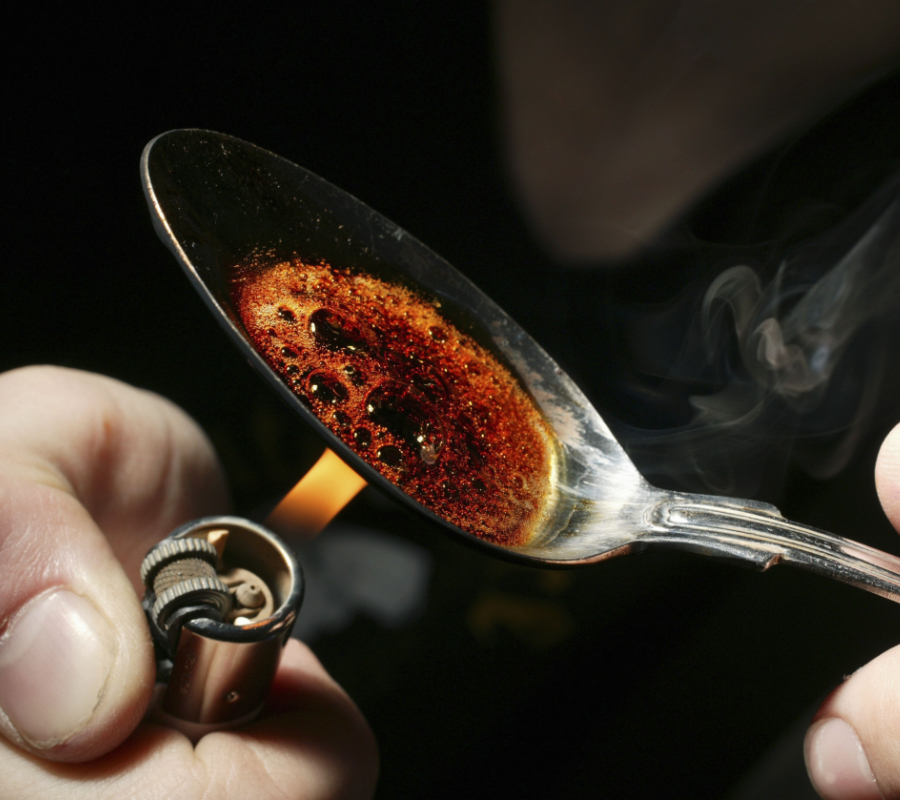Canada is now allowing physicians to prescribe heroin as a measure to control the country’s opioid epidemic. Unlike the United States, Canada has opted for an unconventional approach to solving the problem by legalizing prescription of diacetylmorphine.
Physicians must apply for a special Health Canada program to be entitled to provide heroin prescriptions, which patients can obtain at no cost. Only severe addicts to opioids can be prescribed heroin to deal with their addiction. Heroin is also legal under particular circumstances in Germany, Switzerland, and Denmark for patients needing some treatment involving opioids, when other drugs have failed to yield results.

Legalizing heroin to combat trafficking
Canadian health officials assure that patients that obtain heroin prescriptions have a higher chance of staying under treatment and reducing their participation in illegal activities and drug trafficking. It is also suggested that heroin prescription might keep addicts off the streets and directly attacks the cycle of acquisition and degradation that patients undergo to obtain their dosage.
The decision has been labeled as positive and politically bold by U.S. and Canadian experts, as it may help reduce opioid dependence and efficiently diminish the harms of the process that addicts are submitted to for getting their fix.
Canadian Health Minister Dr. Jane Philpott said that every decision performed by her administration will be based on scientific evidence. Due to the success of Vancouver’s first supervised injection site in 2014, lifting the ban on heroin prescription appeared to be a sound choice to tackle North America’s worsening opioid abuse crisis.
“It meant so much to me because I’ve been involved in responding to things like the HIV pandemic for many years in my career and I’ve followed the work of Insite. I’ve always known that what they do absolutely saves countless lives. It has a huge impact on people,” stated Health Minister Dr. Philpott.
One of the leading causes of Canada’s opioid crisis is fentanyl, a drug that has been present in half of British Columbia’s opioid-related deaths in 2016. During this years’ first four months, the province’s deaths due to opioid overdoses have increased 88 percent in comparison to 2015.
The supervised injection site in Vancouver is called Insite, and it yielded enough evidence to lead the Canadian health administration to promote the legal prescription of heroin.
Insite became the first clinic in North America to legally prescribe heroin to patients that were not subjects of a medical trial. Allowing addicts to use the drug in supervised facilities reduces incidence in crime and sexual abuse, while also preserving the addict’s health by providing safe injection procedures performed by health professionals.
Legalizing the drug cuts crime rates as it allows addicts just to head to a clinic to obtain a dose free of charge, without the risk of exposing themselves to criminals that often take advantage of their client’s weakness and dependency.
Source: The Globe and Mail
